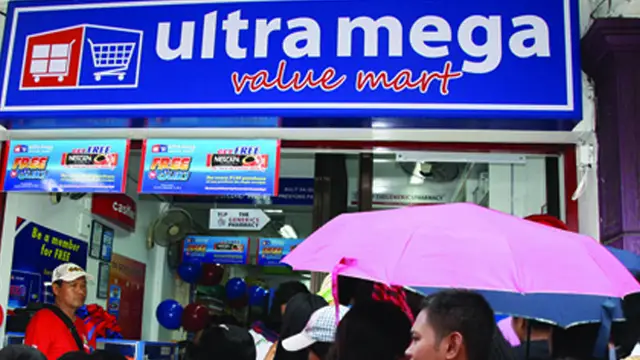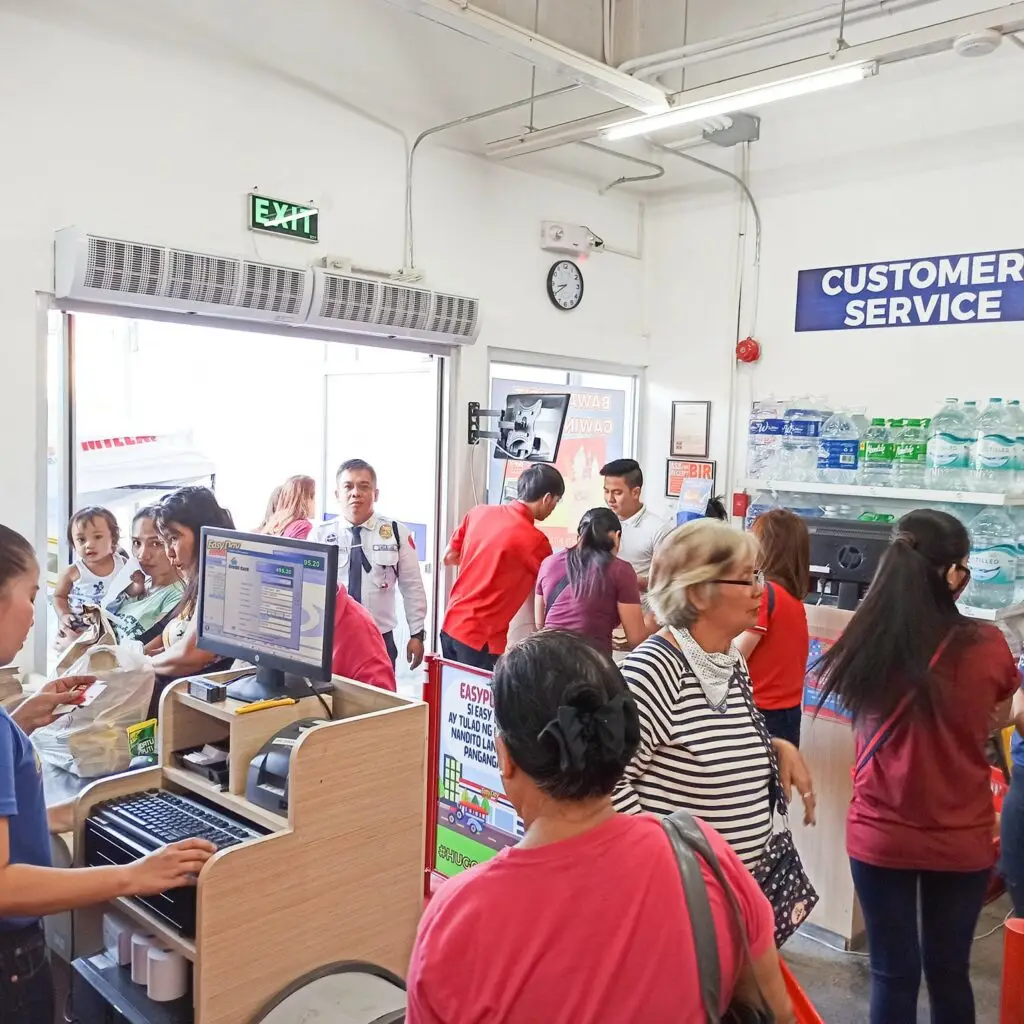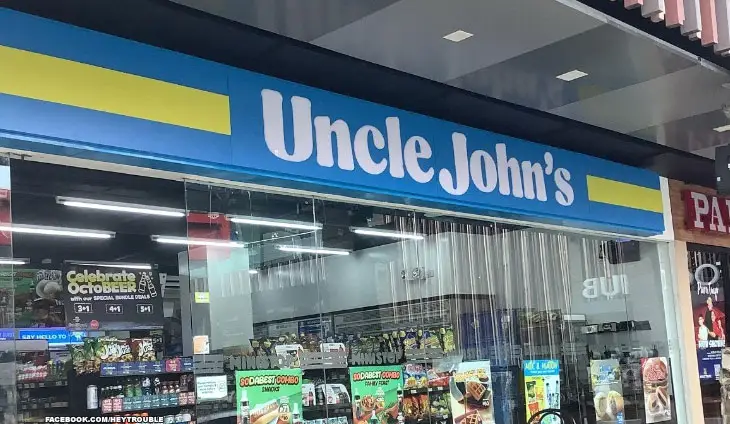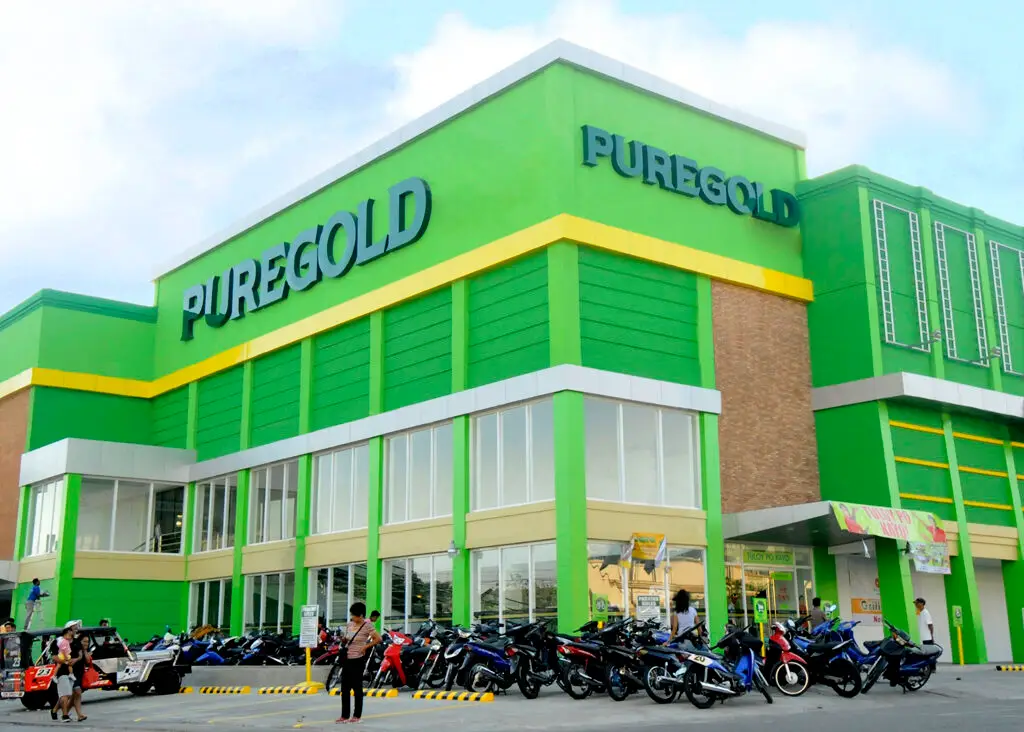Grocery Franchise in the Philippines: 4 Best Choices and Practices
Starting a business in the Philippines can be both fulfilling and financially rewarding—especially when you venture into a proven and in-demand model like a grocery franchise. With Filipinos’ constant need for daily essentials, grocery stores remain an essential part of every community. Franchise opportunities in this sector offer a structured path, built-in brand recognition, and access to established supply chains, making them a viable option for aspiring entrepreneurs. Whether you're looking for a side hustle or planning to scale, a grocery franchise could be your key to consistent income and long-term stability.
4 Best Grocery Franchise Options in the Philippines
To guide you toward a smart investment, we’ve rounded up some of the most reputable grocery franchise opportunities in the country. These franchises are ideal for both first-time and experienced entrepreneurs due to their strong brand identity, operational support, and community demand.
From well-known supermarkets to neighborhood convenience stores, choosing the right grocery franchise in the Philippines could be your first step toward building a thriving business. Don’t forget to consider your capital, location, and preferred business model when selecting the best fit.
1. Ultra Mega
Ultra Mega Value Mart is a cross between a convenience and a grocery store. With a compact size of 40-60 sqm, it carries a wide range of products you can find in larger grocery stores while maintaining competitive price points. This franchise provides comprehensive support, making it a promising venture for aspiring entrepreneurs.
Investment – ₱2 million or more
Franchise Fee – ₱250,000
2. Easy Day Shop
Easy Day Shop is a mini grocery franchise in the Philippines that is the go-to store for an extensive range of essential household products. It’s focused on meeting the community’s diverse needs, offering convenience, quality, and variety all in one place— a perfect fit for Filipino entrepreneurs.
Investment – ₱5 million to ₱7 million
Franchise Fee – ₱560,000
3. Uncle John’s
Formerly known as Ministop, Uncle John’s is a well-established convenience store chain in the Philippines. It’s recognized for its popular ready-to-eat offerings like Uncle John’s Fried Chicken and Kariman. The rebranding to Uncle John’s by Robinsons Retail Holdings, Inc. is a tribute to the late John Gokongwei, Jr., and his remarkable legacy.
Investment – ₱3.8 million
Franchise Fee – ₱600,000
4. Puregold
Puregold, established in 1998, has become a renowned grocery chain in the Philippines. It has continually expanded, introducing initiatives such as Tindahan ni Aling Puring for loyal customers and extending opportunities to small-scale business owners through Puregold Jr. Supermarket.
Puregold is a trusted brand, having earned the title of Reader’s Digest Asia’s Most Trusted Brand in the supermarket category in 2008.
With 558 stores throughout the country, including 283 hypermarkets, 101 supermarkets, 51 S&R Quick Service Restaurants, 39 minimarts, 30 San Roque supermarkets, 29 extra stores, 22 S&R warehouse clubs, and three Merkado branches, Puregold has established a substantial and diverse retail presence.
Tips on How to Choose and Manage a Grocery Store Franchise in the Philippines
Making the right choices and managing your business effectively are keys to succeeding in your small grocery venture. The best way to ensure its fruition is to implement best practices. Here are the key steps you should take:
1. Assess your Budget, Location, and Target Market
When venturing into a small grocery store franchise in the Philippines, success hinges on assessing key factors: budget, location, and target market. Choose a place that aligns with your offerings, favoring middle-class neighborhoods over upscale markets for a small grocery store.
Should financing be a concern, a working capital loan from financial institutions is an option. However, responsible repayment is crucial for sustaining your business.
2. Research Available Franchise Options
Selecting a grocery store franchise demands thorough research. Assess the brand’s reputation, support level, and the franchise agreement’s terms. Informed decisions lay the foundation for a successful partnership.
3. Adhere to Franchise Guidelines
Operating a grocery store franchise demands strict compliance with your franchisor’s established rules and regulations. You work under the brand’s name. These guidelines are vital to upholding a consistent brand reputation, and compliance is a legal obligation.
4. Efficiently Manage Inventory, Operations, and Finances
Just like any other business, efficient inventory management is the backbone of a profitable grocery franchise. Since you primarily sell products and goods, you must keep a well-stocked inventory to meet customer needs. Streamline daily operations to maximize productivity and create sound financial management to maintain a healthy bottom line.
5. Implement Effective Marketing
Just because your franchise is from a big brand doesn’t mean marketing efforts don’t apply to you. Take the time to study your target market to create a marketing strategy that works for you. Utilize online and offline marketing channels, including social media, local advertising, and promotional campaigns. Don’t forget to build long-term customer relationships to encourage repeat business.
6. Embrace Adaptability and Innovation
The grocery store business always changes, so you must learn how to adapt. Keep an eye on what’s happening in the market and develop new and better products and services. Flexibility lets you meet the changing needs of your customers and stay competitive.
Business Essentials Before You Franchise
Before you dive into franchising, it's important to understand the foundational elements that will support your business. For example, securing funding is a major concern for many entrepreneurs. You might consider exploring business funding in the Philippines through options like SME financing, or applying for loans from top banks in the Philippines.
Understanding the differences between short-term vs. long-term loans is also key to aligning your financial goals. Moreover, preparing a compelling business plan for loan applications can greatly improve your chances of approval. Aside from finances, you’ll also need to manage compliance, such as corporation registration in the Philippines, or if you’re starting solo, navigating the requirements of a Philippines sole proprietorship business.
Additionally, don't overlook crucial registrations like PhilGEPS or how to renew BIR registration for 2025—these processes keep your business legit and open to broader opportunities.
Final Thoughts
Starting a grocery franchise offers the security of a tried-and-tested business model while allowing you to serve the daily needs of your community. With the right preparation, strategy, and financial support, your franchising journey can lead to sustainable growth and long-term profitability.
To overcome the typical small business financial challenges, consider tapping into business loan statistics to understand trends, or explore the benefits of using a corporate credit card for controlled spending. Don’t let the paperwork or funding concerns stop you from pursuing one of the most profitable businesses in the Philippines.
Turn your entrepreneurial vision into reality with the support of Zenith Capital. Whether you need help with startup capital, financial planning, or building a smart business loan repayment plan, we offer fast, flexible, and hassle-free financing solutions tailored for future franchise owners like you.




